The pilot year of the Wikipedia Human Rights Month challenge is over. 54 Wikipedians edited a total of 96 articles. We held 4 online and offline editathons. More than 20 non-profits supported us. Join us for an evaluation of the first edition of the #humanright2022 wikipedian challenge.
Why Human Rights Month on Wikipedia?
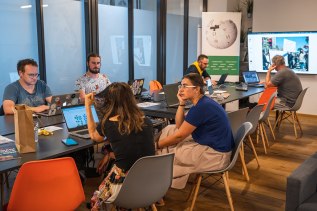
“When we planned the Human Rights Month project on Wikipedia at the beginning of the year, we didn’t expect that tragic events in world politics would make the promotion of human rights even more important,” says Programs for community Manager Natalia Szelachowska, who led the project.
Compared to the English Wikipedia, for example, entries on human rights are often missing or insufficient in the Czech one. That is why we have joined the international effort for better coverage of these complex topics. Because Wikipedia is where people go when they want to get a quick overview of complicated topics.
Articles like the International Institute for Human Rights, Women in Science or age segregation should undoubtedly be found on Czech Wikipedia. Unfortunately, they are not.
The difficulty of writing about these topics was also one of the reasons why we reached out to experts who have been working with these topics for a long time.
Human rights topics are quite broad, so participants in the challenge could write about anything – children’s rights, refugees, minorities, women, human rights organizations, celebrities, and more. A list of requested articles soon emerged with dozens of suggestions from the Wikipedian community.
In total, Wikipedians have created and expanded nearly 100 articles
We are very pleased that Wikipedians wrote 49 new human rights articles and edited another 47 articles during the month-long challenge.
Articles that definitely deserve attention include:
- World Humanist Day,
- Romani feminism,
- Committee for the Prevention of Torture,
- Ciocia Czesia (Czech-Polish initiative that helps Polish women undergo abortion in Czech clinics),
- Kuo Fej-siung (Chinese human rights activist),
- Lucie Hrdá (Czech attorney specializing in family law, sexualized and domestic violence and stalking) and many more.
Most visited article? Oligarchy
That Wikipedia’s Human Rights Month was worthwhile is evidenced by the number of visitors to newly created articles, which totalled over 4,000 from the start of the challenge on 1 June to mid-July. The most read articles are currently the following:
| 1. | Oligarchie | 658 views | 31 per day |
| 2. | Laverne Cox | 628 views | 30 per day |
| 3. | Hunter Schafer | 511 views | 24 per day |

Close behind the Oligarchy are the celebrities. The next most read articles are about celebrities, namely American transgender actress and LGBT community advocate Laverne Cox and American model, actress and LGBT+ rights activist Hunter Schafer. It is no coincidence that this year we have included under Human Rights Month an online editathon of LGBTQ rights on Wikipedia, which took place online on 22 June.
The Human Rights on Wikipedia editathon and the Romani student editathon
During June, 4 editathons took place, with a total of 36 people participating. 2 of the editathons were student editathons, which is a great demonstration that human rights issues are interesting for young people.
We were pleased with the feedback from the student participants of the Roma Rights on Wikipedia editathon, which we organised together with the Verda Foundation.Verda Foundation is interested in cooperating with us on the project in future years, which is great.
“Thanks to the Wikipedia editing course, I know that it would be useful to create more articles about Roma and that Wikipedia is lacking and I am glad that I could try how to work with Wikipedia and I will try to create something.”
student, participant of the Roma editathon
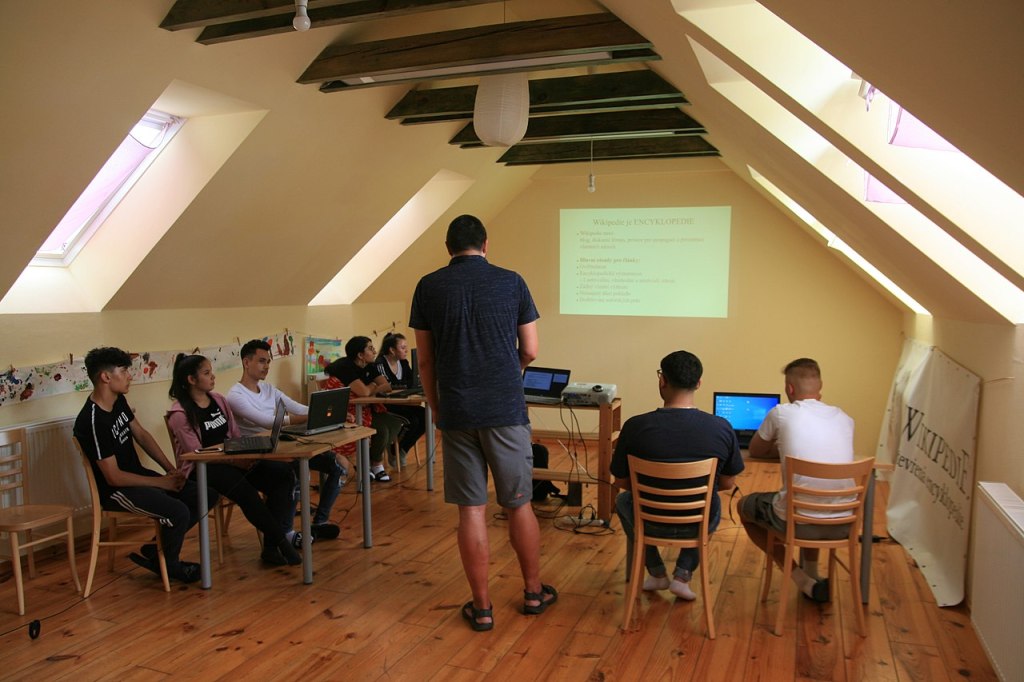
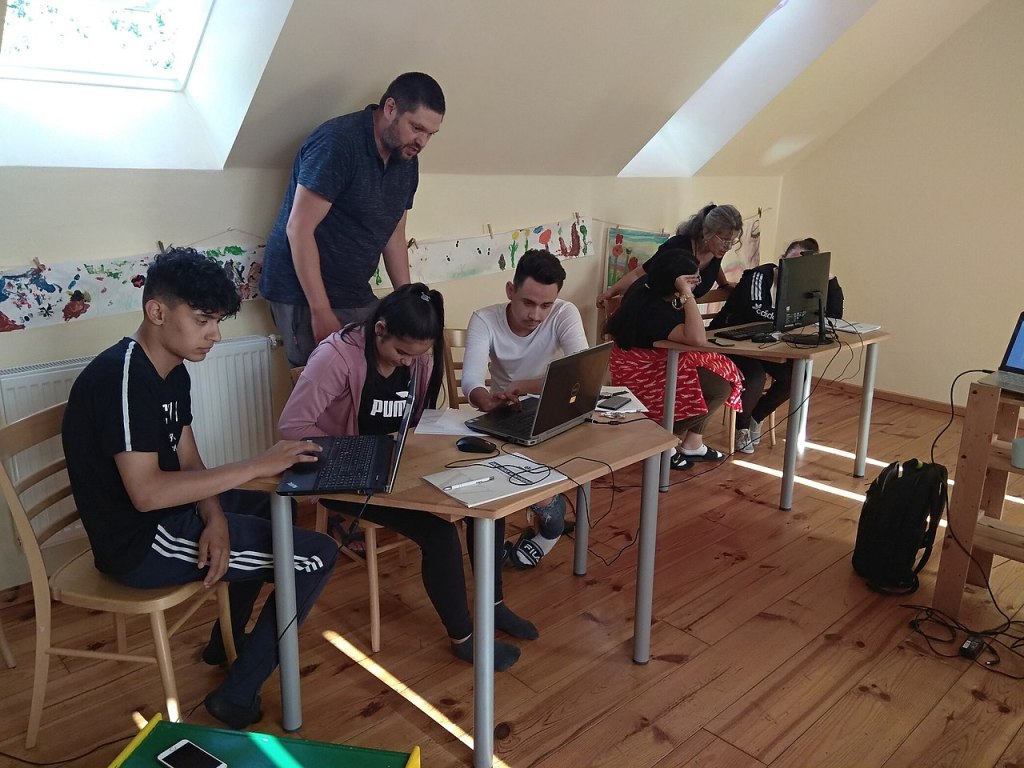
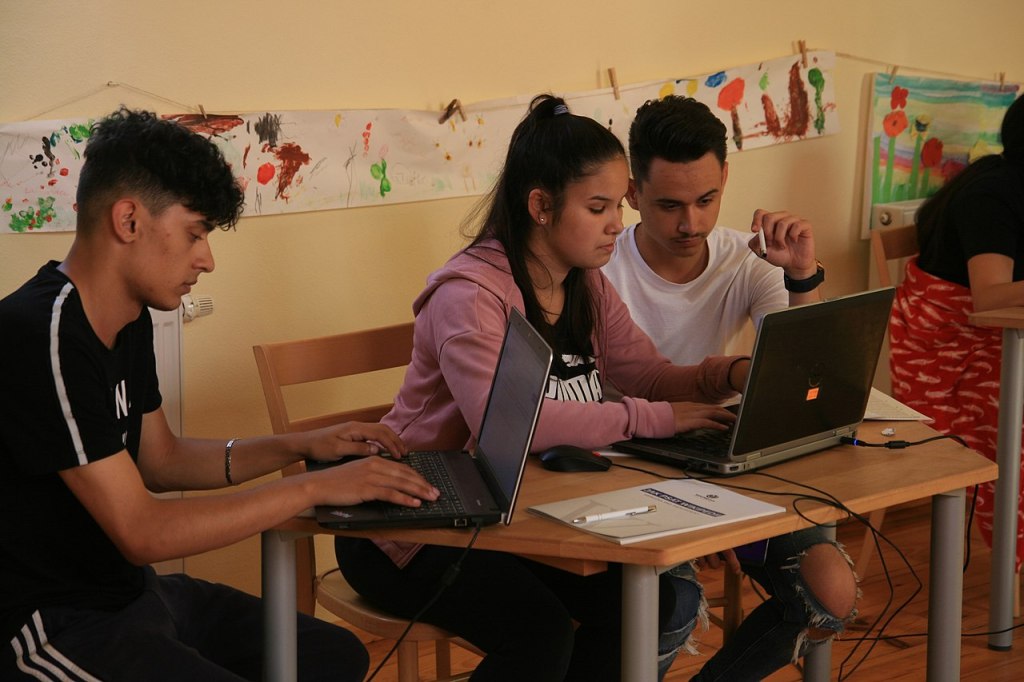
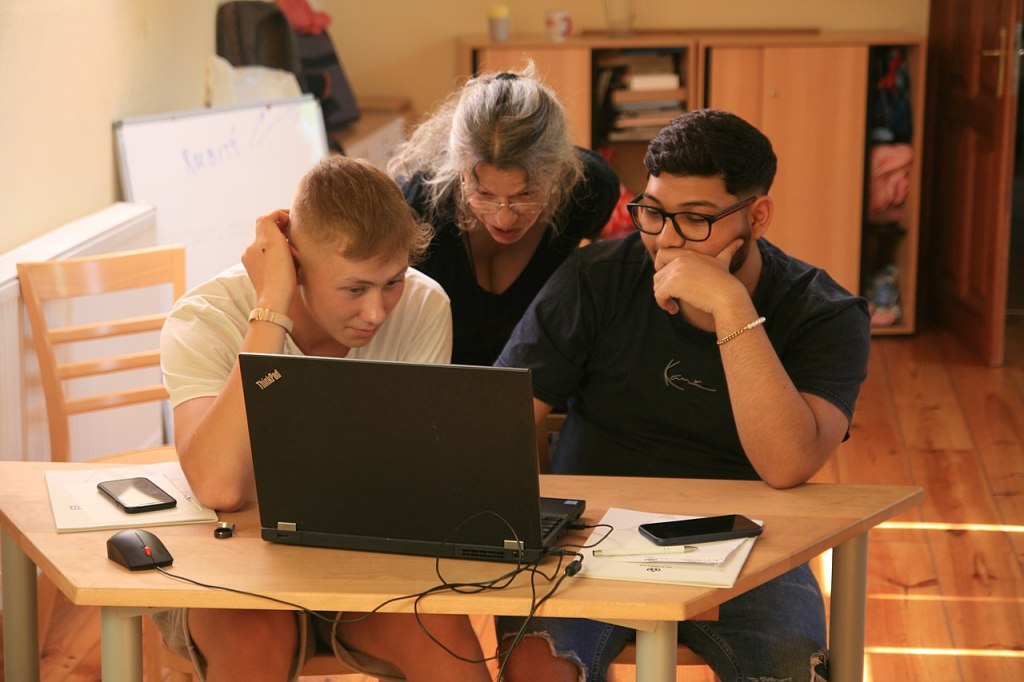
We were not alone! NGOs and Wikimedia Serbia helped
More than 20 non-profit organizations collaborated with us or helped us promote the project. Project partners include OPIM, the Association for Integration and Migration, Amnesty International, Verda Foundation and People in Need. It is great when it is the non-profits, who have a lot of information, staff and volunteers versed in human rights, who get involved in writing Wikipedia.
For us, the challenge also meant establishing cooperation with Wikimedia Serbia. We combined our online editathon with the Serbian editathon on International Refugee Day. We hope that we will be able to link our activities in the future.
See you next year!
If you’d like to get involved but missed the challenge, we have good news for you. You can participate in the Czech Human Rights Wikipedia Project all year round (for example, by writing tips for articles) and we are already planning next year’s challenge. Let’s make it international again, we would love to cooperate with other Wikimedia chapters.

Can you help us translate this article?
In order for this article to reach as many people as possible we would like your help. Can you translate this article to get the message out?
Start translation